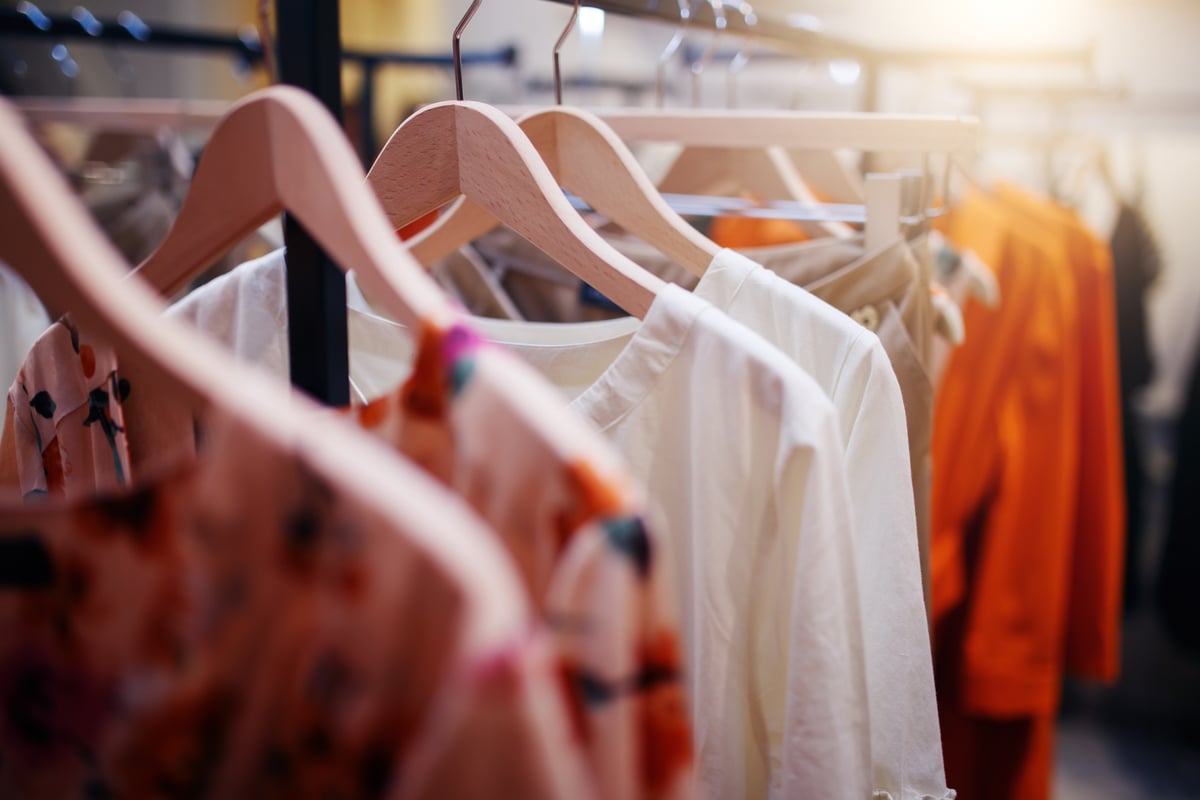Rampant inflation continues to erase the limited recovery retailers made after the pandemic lockdowns forced stores to close and decimated their businesses. Kohl's (KSS 1.27%) is the latest victim of the pressure the retail industry is facing. Second-quarter revenue fell 8% to $4 billion and profits plummeted 63% to just $143 million because the company's middle-income customers are vanishing.
The department store also gutted its full-year guidance for the second time this year. It now expects sales to fall 5%-6% with earnings to be in the range of $2.80-$3.20 per share. Last quarter it reduced its full-year profit forecast to $6.45-$6.85 per share.

Image source: Kohl's.
As it spirals down, though, Kohl's is hoping cosmetics and beauty care leader Sephora can throw it a lifeline. Stores that have a Sephora boutique inside them outperform those that do not, so Kohl's will be expanding this partnership to put a Sephora store-in-store in all 1,100 locations.
But we've seen this playbook once before and the outcome was not pretty. It will probably not work out any better this time.
Consumers are hunkering down
Kohl's is in trouble. Inflation is sapping the financial strength of consumers, and the belt-tightening means they're not making as many trips to the store and are buying fewer items when they do go.
CEO Michelle Gass told analysts Kohl's "results reflect a middle-income customer that has become more cost-conscious and is feeling greater pressure on their budgets. Therefore, we are seeing customers make fewer shopping trips, spend less per transaction, and shift toward our value-oriented private brands."

NYSE: KSS
Key Data Points
Lower sales are also causing inventory to pile up at the chain. Inventory was 48% higher this quarter than a year ago as Kohl's ordered more to have on hand because of supply chain issues, but then its customers disappeared.
It's now faced with having to mark down the merchandise, which is going to put more pressure on profit margins. Yet it still chose to implement a $500 million accelerated share repurchase program to artificially inflate per-share results.
It hopes expanding Sephora to all of its stores can mask the weakness in its own business.
Hoping to put lipstick on a pig
According to Kohl's, sales at department stores with a Sephora shop in them are seeing mid- to high-single-digit sales growth compared to the rest of the chain. Half of Sephora customers also reportedly shop elsewhere in the store and are buying at least one additional item.
Since launching the partnership a year ago, Kohl's says it has acquired 1 million new customers and maintains the partnership will generate some $2 billion in annual sales by 2025.
If the glowing promise of the agreement sounds familiar, it's because you've heard it before. J.C. Penney tried the exact same thing when its sales were rapidly declining as customers fled. It tried to use Sephora store-in-store boutiques to lure them back in on the belief it would cause traffic to spill over into its other aisles and clothing racks. But that never really materialized, at least not enough to stave off eventual bankruptcy.
It was J.C. Penney's precarious financial position that ultimately led Sephora to flee the retailer for Kohl's, which looked healthier at the time.
Although the two companies might be expanding their partnership to all of Kohl's stores -- the original agreement was to have Sephora in 850 stores by 2023 -- Kohl's is in dire straits here. Don't be surprised if Sephora's wandering eye is already looking for more attractive options elsewhere.
A shaky future
Kohl's has also been under pressure by activist investors to sell itself after it fell behind its rivals, lost market share, and suffered gross margin contraction, even as it spent more on operational expenses, capital investments, and executive compensation.
The retailer recently beat back an attempt by Macellum Advisors to nominate a slate of candidates to the board, an idea that was soundly defeated. That led the company to take itself off the market after a potential $8 billion deal with Franchise Group fell apart.
Sephora's lifeline might incrementally increase sales, but Kohl's trajectory is still heading lower, and there won't be enough of a halo effect to salvage its business. It looks like it's on the same path J.C. Penney was previously on, and that should give investors an uneasy feeling.





